In this course, students will read English translations of novels that have won major prizes. In addition to exploring themes of contemporary literature from around the world, special attention will be paid to the role of translation in shaping the work and its reception, and to the question of what makes for a prize-winning translation. Each week students will read a prize-winning translation alongside reports from the prize committee, reviews of the translation, and what the translators say about their work.
EVERY DAY, the news reminds us of our collective failure as knowers. From history and literature, we have learned over and over that war has a boomerang effect that destroys everything. Yet here we are again: in Ukraine, in Tigray, in Syria. As the scholar-poet-playwright-translator Anne Carson has written, extrapolating from the Iliad, “In war, things go wrong…YOU LOSE YOU WIN YOU WIN YOU LOSE.” Carson weaves that pithy lesson into her 2019 play Norma Jeane Baker of Troy, an adaptation of Euripides’ Helen. In ancient Greek literature, reflections on the inexorable reciprocity of warfare almost always lead back to the myth of the Trojan War and the Iliad, so there is a lot at stake in the translation of this poem. As Emily Wilson puts it in a note on her new translation of the epic, “There is nothing like The Iliad.”
https://yalereview.org/article/emily-greenwood-emily-wilson-the-iliad
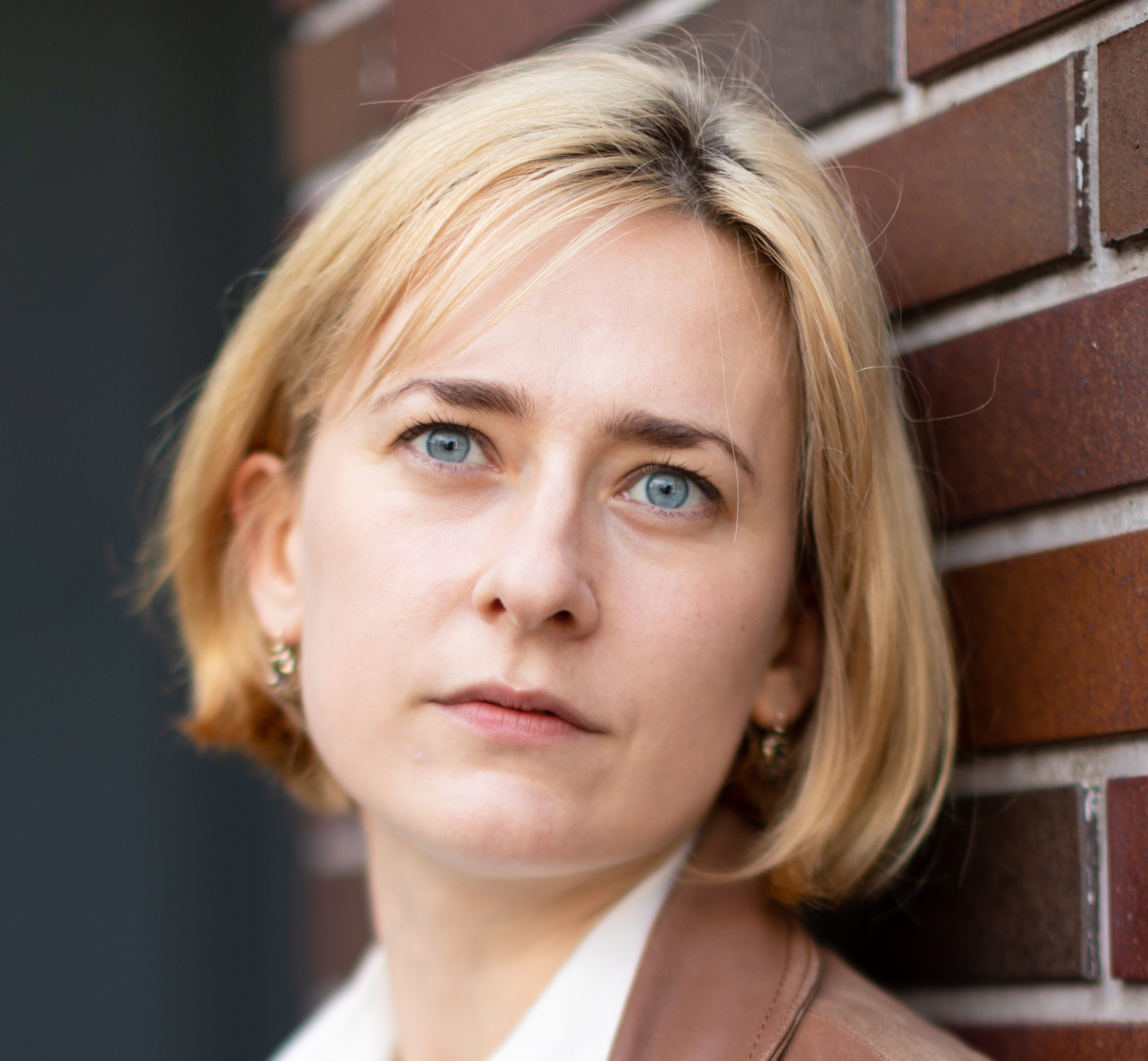
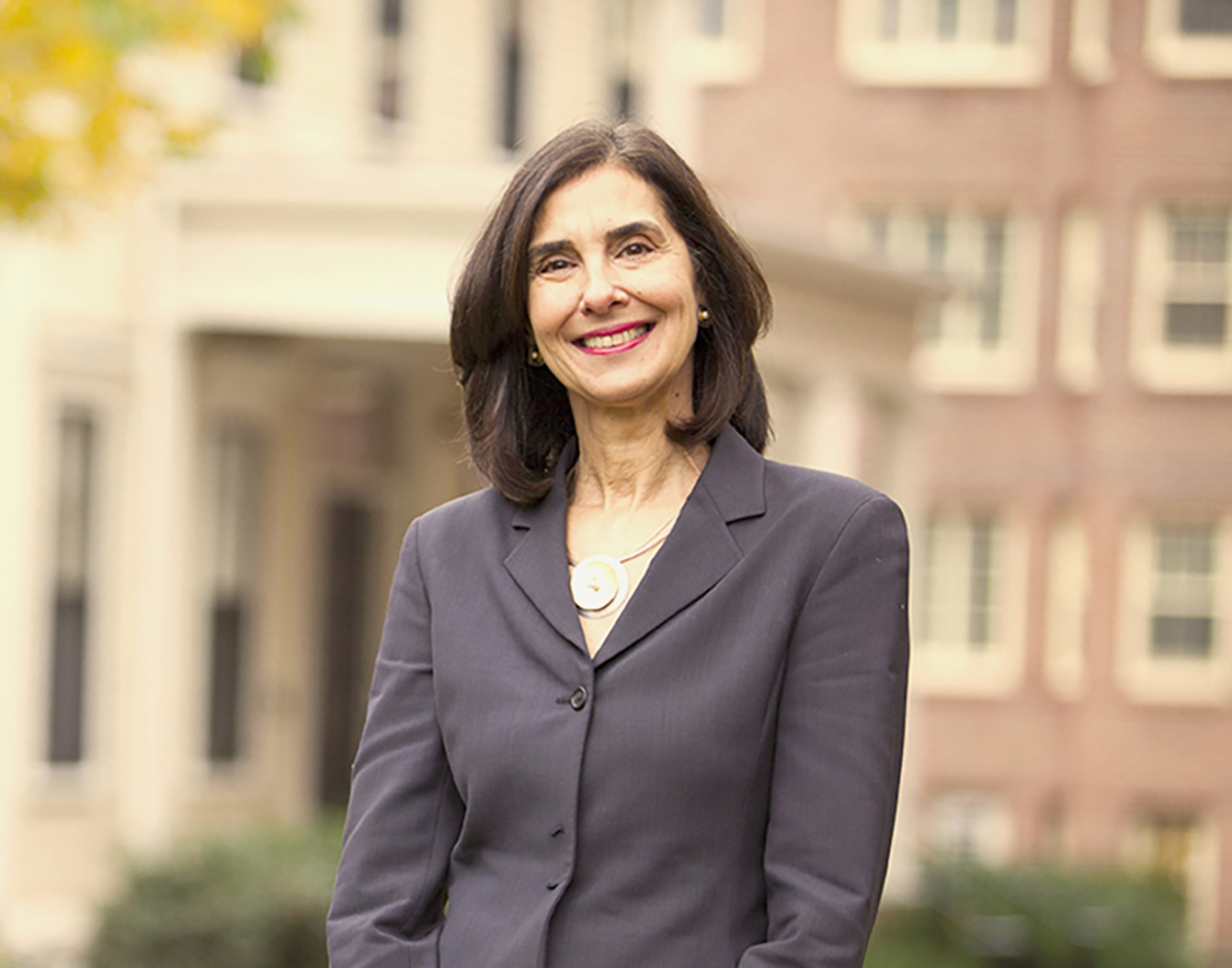
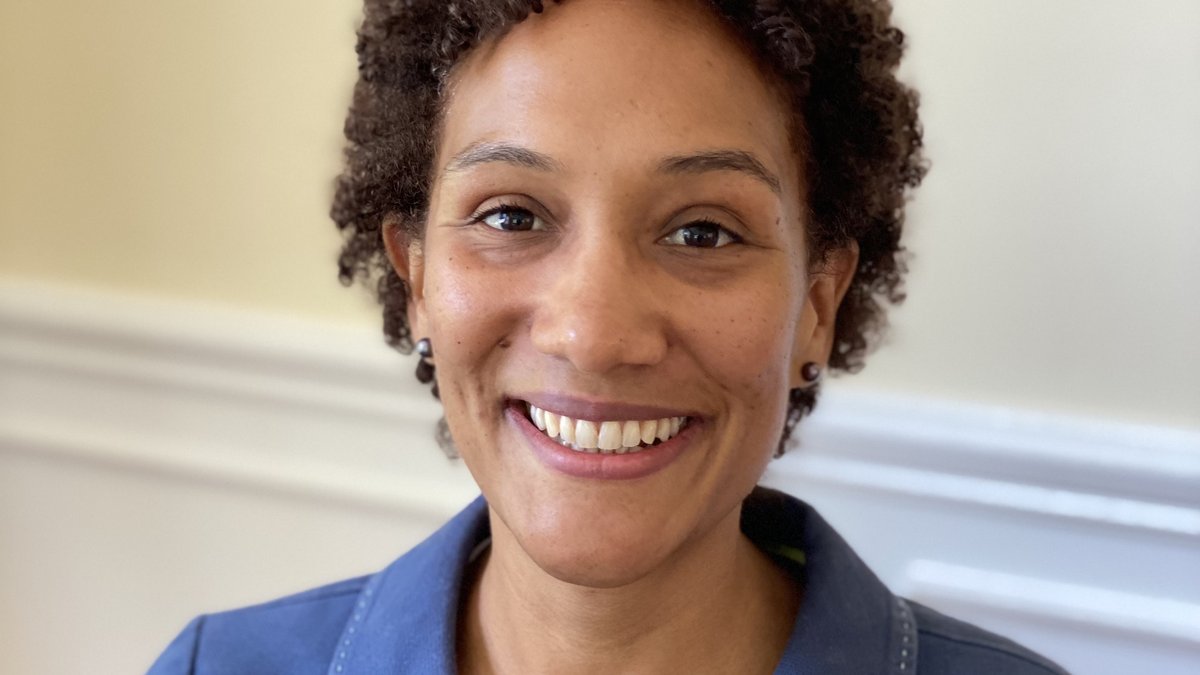
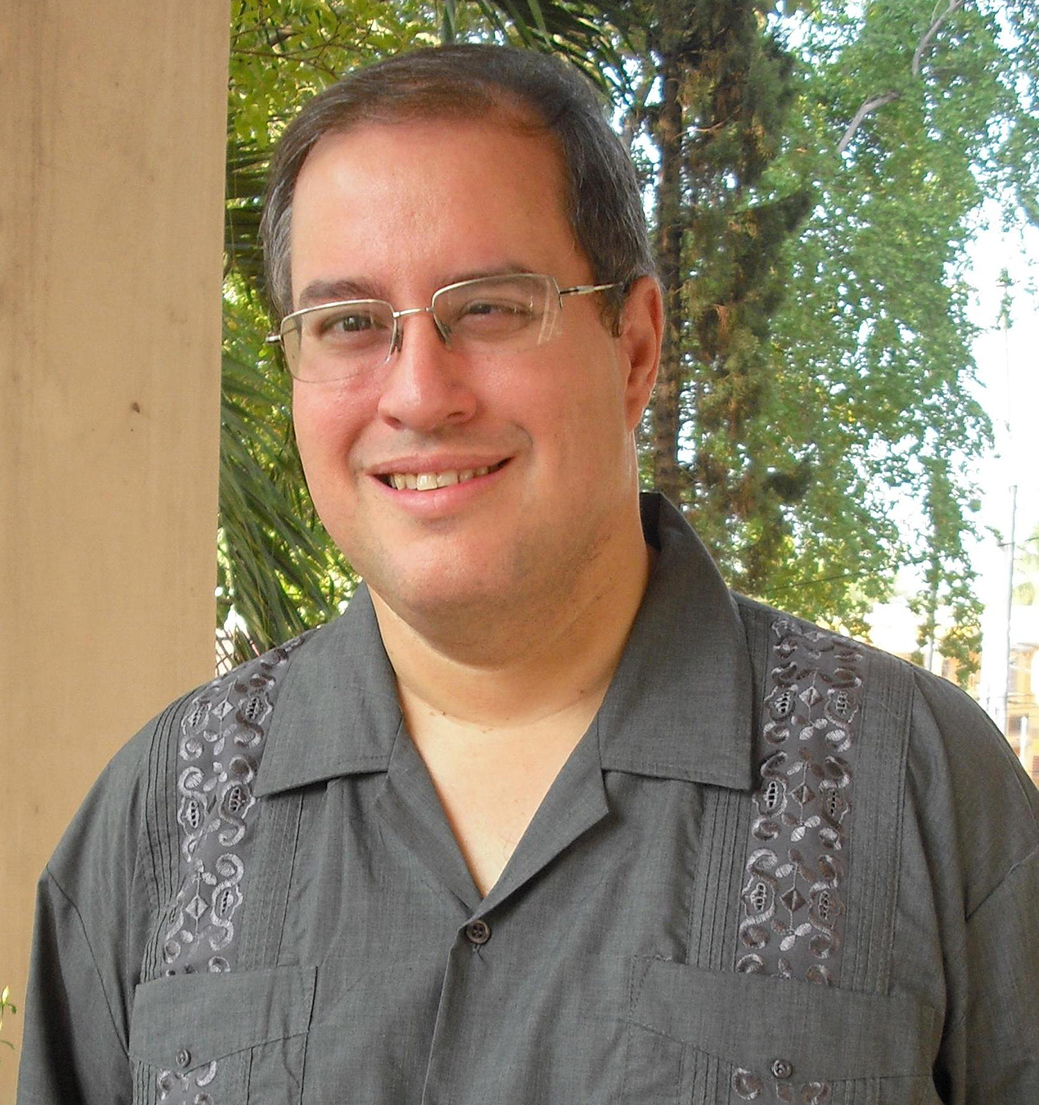
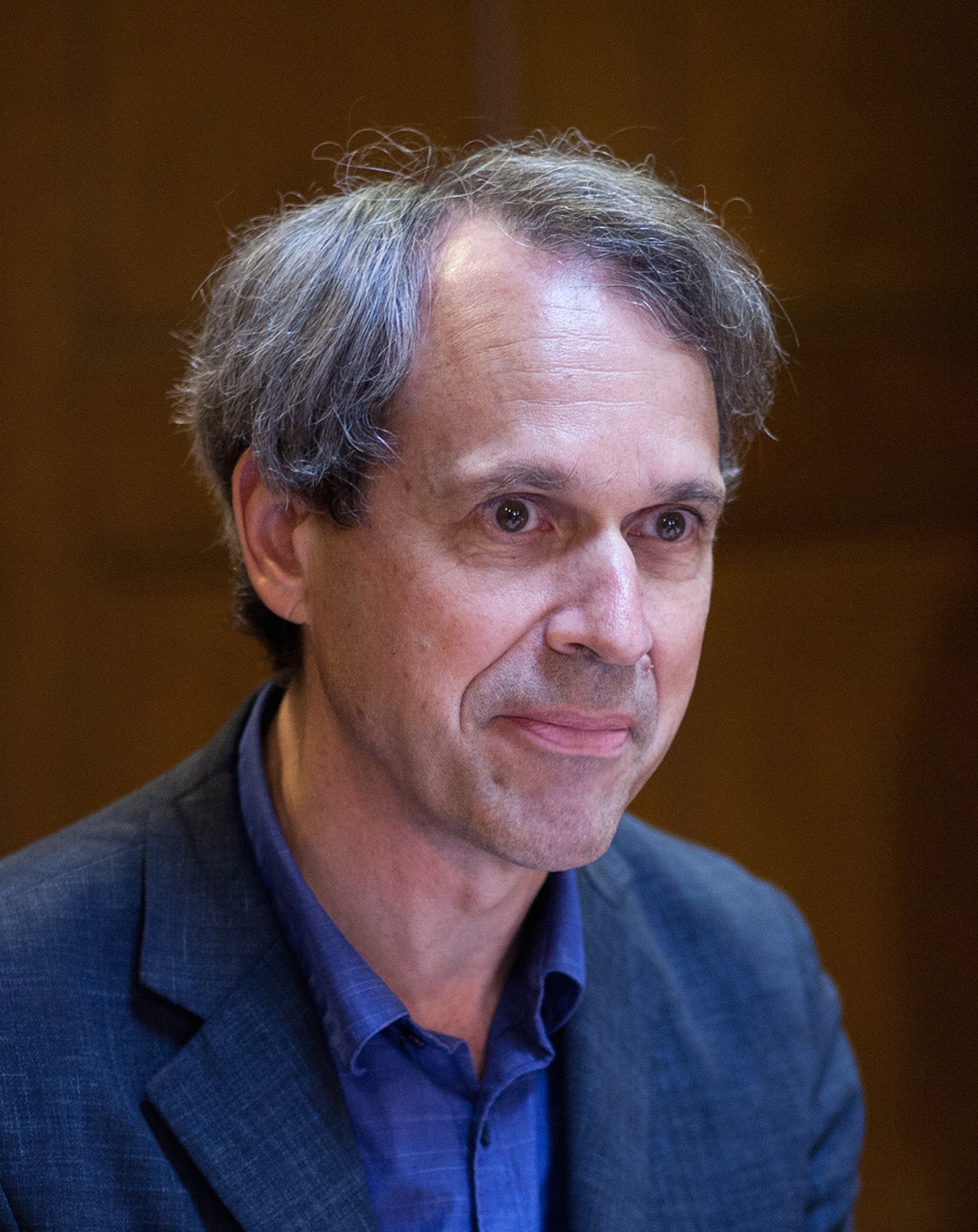
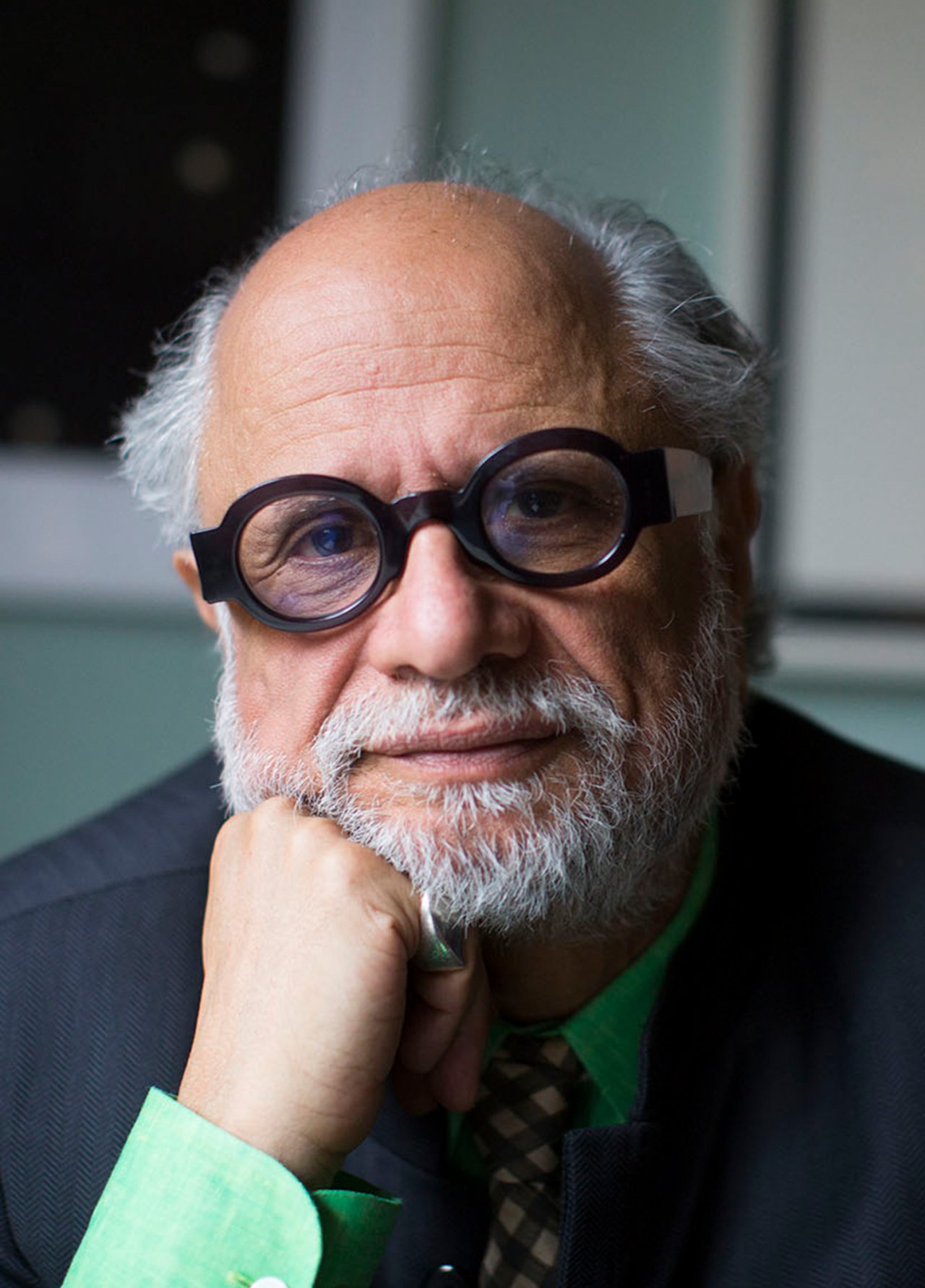

Founded as a graduate program in 1904 and joining with the undergraduate Literature Concentration in 2007, Harvard’s Department of Comparative Literature operates at the crossroads of multilingualism, literary study, and media history.
© 2023 President and Fellows of Harvard College
Sign up to receive news and information about upcoming events, exhibitions, and more